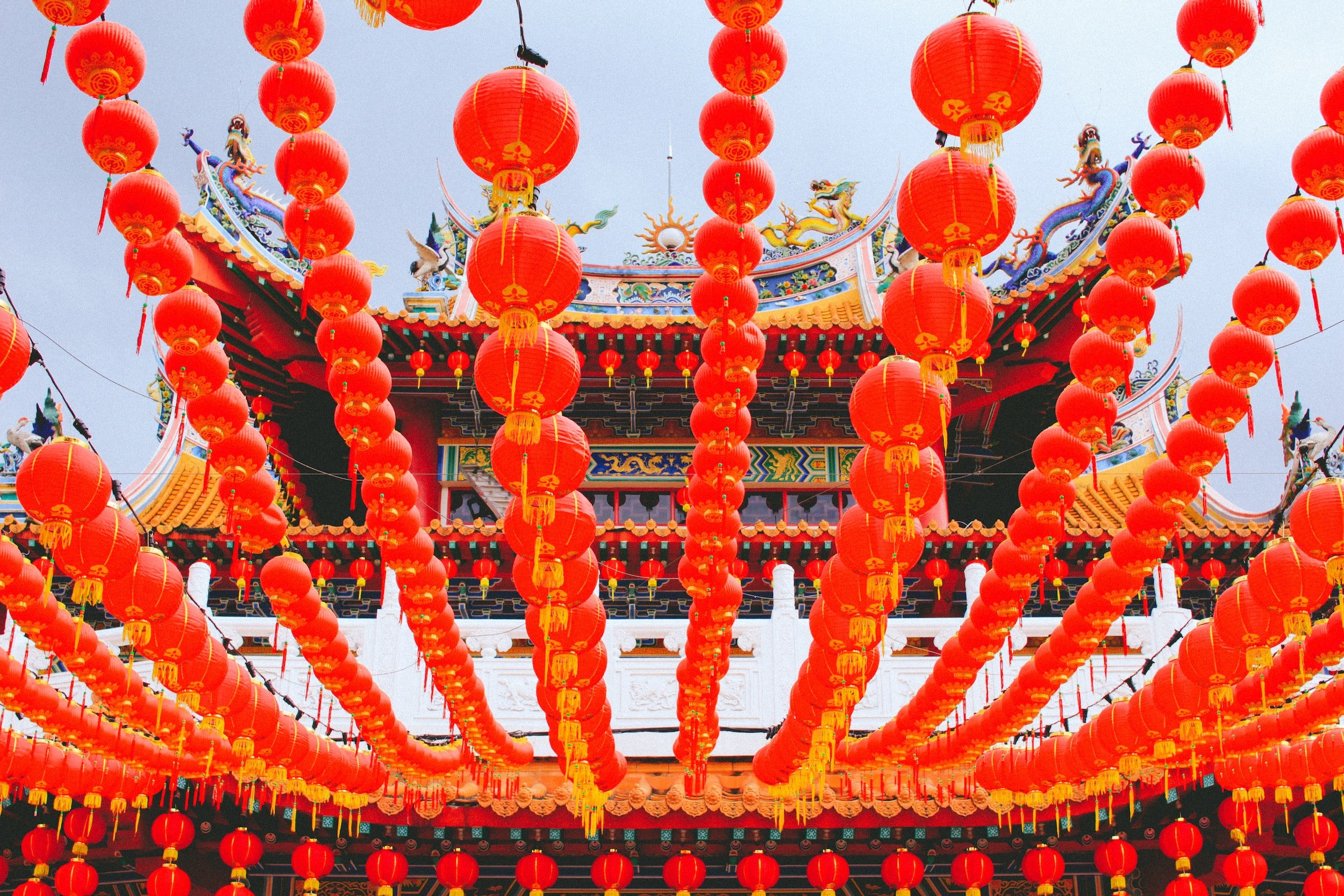
Editor’s note: As Chinese house churches try to respond to the current challenges in the Chinese climate toward religion, knowledge and understanding are in great need. In a 2021 seminar for Chinese Christians, “Gabriel,” a Christian attorney, shared about how and why house churches should adopt a gospel-centered legal framework, and what that means practically for believers and their church communities. In this final excerpt, Gabriel encouraged Chinese Christians to stand firm and prepare themselves to pay the price necessary for their faith.
Parts one, two, three, four, and five of this series were previously published. This excerpt has been edited for both clarity and length.
21 For to me to live is Christ, and to die is gain. 22 If I am to live in the flesh, that means fruitful labor for me. Yet which I shall choose I cannot tell. 23 I am hard pressed between the two. My desire is to depart and be with Christ, for that is far better. 24 But to remain in the flesh is more necessary on your account. 25 Convinced of this, I know that I will remain and continue with you all, for your progress and joy in the faith, 26 so that in me you may have ample cause to glory in Christ Jesus, because of my coming to you again.
27 Only let your manner of life be worthy of the gospel of Christ, so that whether I come and see you or am absent, I may hear of you that you are standing firm in one spirit, with one mind striving side by side for the faith of the gospel, 28 and not frightened in anything by your opponents. This is a clear sign to them of their destruction, but of your salvation, and that from God.
29 For it has been granted to you that for the sake of Christ you should not only believe in him but also suffer for his sake, 30 engaged in the same conflict that you saw I had and now hear that I still have.
Christ Is King, Not the State
Paul was determined to press on toward the goal and live for Christ – but he did not live to become Christ incarnate. In our Chinese tradition, the ultimate belief is faith in a Heavenly Mandate, but understanding of the mandate differs from one philosophy to the next. Lao Tzu believed in lack of communication [letting things take their own course instead of meddling in society]. Confucianism promotes rituals, and Legalism is in favor of draconian law. The overall purpose of each is a permanent, stable society.
>
”“The emperor is the heart of politics; the son of heaven is the core of religion; church and state are unified. An authoritarian society has been built on a theological foundation of church-state unity.”
Christianity is not the same. Christianity teaches God created the world, and no human, including the emperor, is a god. We Chinese call the emperor the “son of heaven.” The emperor is the heart of politics; the son of heaven is the core of religion; church and state are unified. An authoritarian society has been built on a theological foundation of church-state unity. The emperor is the high priest, the object of worship, and the core of power. His words are divine decrees; there is no higher standard. But in an atheistic society, even the Heavenly Mandate is no longer mentioned. Everything is aligned with power. Is there any hope?
Paul said Christ reigns among all people. We are to exalt Jesus. Because of this theological premise, Western society separates church and state. Even in the Middle Ages, Western society was not as authoritarian as ancient China.
Never miss a story
The Soul Belongs to God
Paul said, “for to me to live is Christ.” (v. 21) He was determined to dedicate himself to life. Why, then, did he say, “to die is gain”? (v. 21) Because the Christian faith is both out of this world and in this world. Paul preferred to leave the world and be with Christ. Death was a beautiful liberation. For us Chinese, this is an “out-of-the-world” faith. Our faith is not science for the sake of science or art for the sake of art; our faith is an ultimate destination for the human soul, a destination which exists beyond the standards and bondage of the city. Ultimately, the human soul returns to God, not a king or an organization. No person or organization can govern the soul. The soul belongs to God.
Some Christians think, once they are saved, the rest is their own business. They do not commit to church. This is especially true for educated intellectuals, “cultural Christians.” But Paul chose to “remain and continue with you all.” (v. 25) The Old Testament shows God rebukes those who care only about their own personal salvation, and are unwilling to share the burdens and sufferings of the saints. Paul did not fear death, and was not afraid to lose his freedom. He was not worried about being fined, warned, or lectured. Paul humbly and diligently served the church.
Paul mentioned that believers have reasons “to glory in Christ.” (v. 26) Indeed, when our persecution began, we were bitter. But as time went on, joy in Christ became more evident. When we were willing to both die and live for the Lord, and when we asked God to strengthen us, joy was revealed. Personal joy and the joy of the community both increased.
Our Ultimate Hope Is In God
Next, Paul says we are to be “in one spirit, with one mind.” (v. 27) The believers strove side-by-side for gospel faith. There are said to be tens of millions of Christians in China, but our societal influence is small; we lack testimony and direction. To this day, we do not have a detailed history of the Chinese house church, and much of what we do have was written by unbelievers.
>
”“Ultimately, the human soul returns to God, not a king or an organization. No person or organization can govern the soul. The soul belongs to God.”
The same is true in the legal field. Although there are many Christian attorneys, we have numerous deficiencies. If ten million people were intellectually equipped and willing to pay the price to follow the Lord, churches would unite and govern themselves biblically. Those people would impact society, and the gospel would be manifest. But we are lacking.
Verse 28 says do not be “frightened in anything by your opponents.” Yet we are often fearful. For instance: an older lady, who might be from a Neighborhood Council, comes to church and shouts: “Why are you holding an illegal activity? Go home!” Some are so weak one old woman can scare them. We should not be afraid. The enemy is in God’s hands. When we focus on circumstances, we do not believe God reigns. But Paul said the enemy’s terror proves God’s sovereignty. Their destruction and our salvation both come from God.
You have done no evil or harm, so why do enemies persecute you? They themselves sometimes feel they are unjustified. But God reigns. Ultimately, we do not rely upon law. If judges and law could be relied upon, we would no longer need salvation. Because of this, when we experience failure, we can thank God for showing us our lives are not in human hands. Our ultimate hope is in God. This should comfort us, even when we fail.
>
”“We ought to battle for the sake of our descendants. Although our generation is pursued and punished, we do not want our descendants to live in this way. We cannot escape our responsibility and leave this to the next generation. This is ours. We must stand up, speak out, and suffer.”
This Is Our Responsibility
Verses 29 and 30 emphasize suffering for the Lord. Brothers and sisters: do not flee. You have hidden long enough. For a long time, Chinese churches have been “wise as serpents.” Many churches do not lack money or talent. We lack a heart that can suffer and struggle for the Lord. In this regard, we are greatly inferior to our fathers. From the Boxer Rebellion, to the Taiping Heavenly Kingdom, to the Anti-Christian Movement, to the Cultural Revolution, many Chinese saints have engaged in warfare. These days we are growing in numbers and wealth, but we have lost our heart and mind. We cannot be salt and light.
You are not merely struggling for yourselves; you are struggling for a city. If believers do not fight, officials will think they have more power than they actually do. The warfare one church engages in helps churches across the city. You might even be struggling on behalf of the Mainland Chinese church. Do not the sufferings of Early Rain shelter other churches?
We ought to battle for the sake of our descendants. Although our generation is pursued and punished, we do not want our descendants to live in this way. We cannot escape our responsibility and leave this to the next generation. This is ours. We must stand up, speak out, and suffer.
Gabriel (加百列) is a pseudonym for a Chinese Christian who works as an attorney representing believers and churches facing legal challenges.
FOR PRAYER AND REFLECTION
Pray that Chinese believers will be courageous and willing to suffer if that is what God calls them to as they follow him.



































